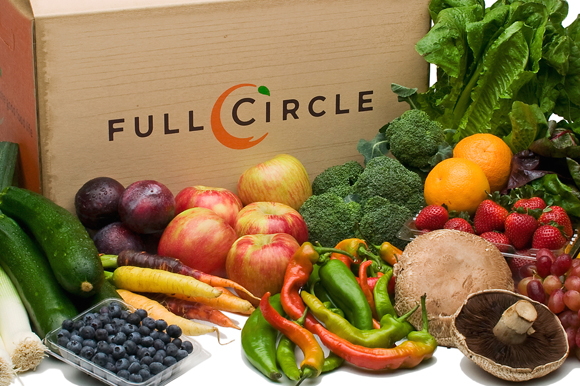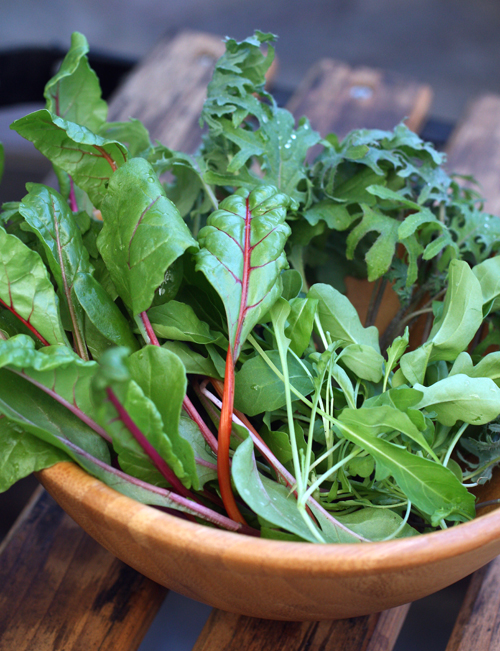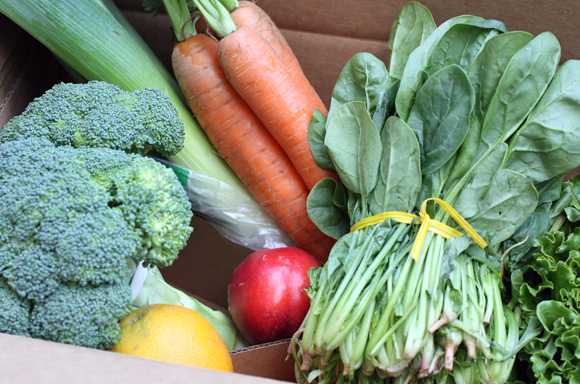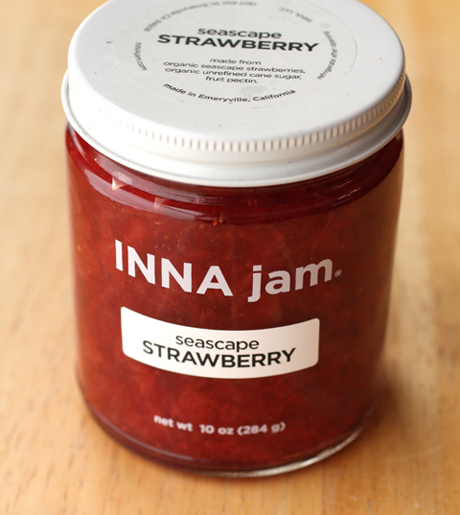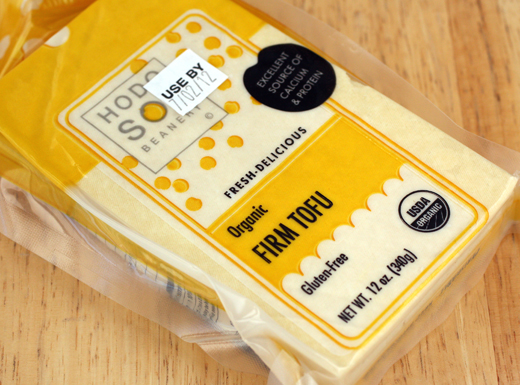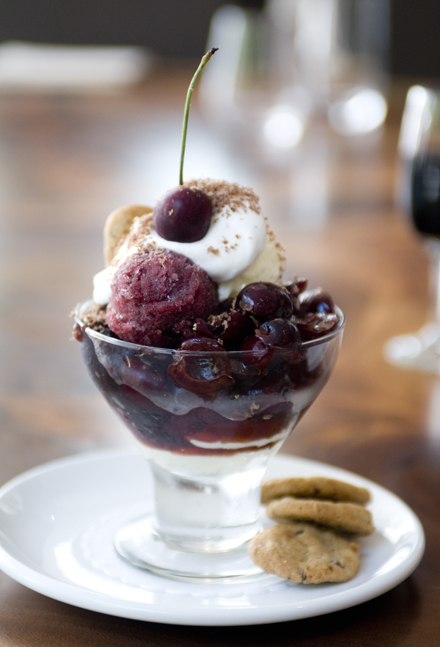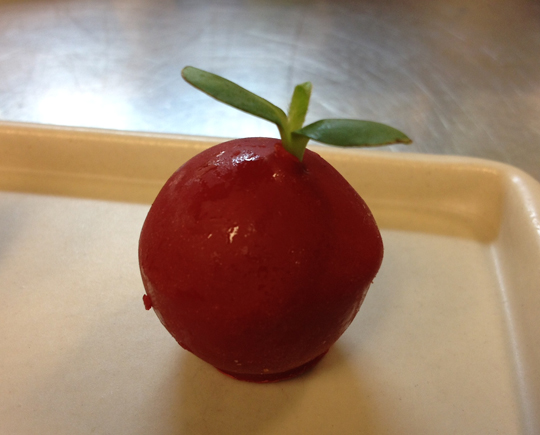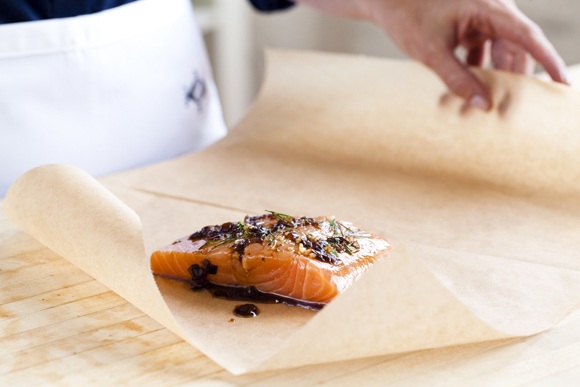Fresh, Local Produce Delivered to Your Door & A Food Gal Giveaway
There’s a new organic produce delivery company in town.
And its name is Full Circle.
You may remember reading a couple months ago about how I got to try out the service for a test run. It was definitely convenient to find a box on my doorstep each week, brimming with seasonal veggies and fruits.
The company, which started in Carnation, WA, launched its service in the Bay Area earlier this summer. It delivers as far north as San Rafael, east to Concord and south to San Jose.
You choose the size of box to be delivered each week, depending upon the size of your household. I chose the smallest option, the “Seed Box†($20.95), which is perfect for one or two people and comes complete with enough produce for about 15 servings total.
What’s particularly helpful is that you can customize your box. If there’s someone in your family who hates beets or broccoli, you can opt never to have that included in your delivery.
You also can check your online account a few days before each delivery to see what your next box will likely contain, making it easier to plan your meals or shop for additional accompaniments at your local grocery store.
What’s more, you can add gourmet grocery items to your box at an additional cost. Full Circle collaborates with a host of artisan producers, many of them organic, to sell everything from bread to artisan jams to fresh, pasture-raised chicken. I ordered the wild shrimp once and they were nearly lobster-like in their succulence.
Moreover, you can put your deliver on hold or cancel your subscription at any time.
Want to give it a whirl? Keep reading…
Contest: Five Food Gal readers will get a chance to win two weeks’ worth of Full Circle produce deliveries for free. Essentially, you’ll win an $84 credit to use after creating an account. The credit is enough for two free boxes of the largest-size delivery, the “Harvest,” which will feed 3-6 people. Or if you have a smaller household, you can stretch the credit out for a longer period of time by choosing a smaller-size box of produce. After your credited amount runs out, you can either choose to continue the service by paying for it on your own or you can choose to cancel your subscription.
Entries are limited to those who live within Full Circle’s delivery areas in California, Washington state, Idaho and Alaska. Click here for more details.
Entries will be accepted through midnight PST Sept. 1. Winner will be announced Sept. 3.
How to win?

